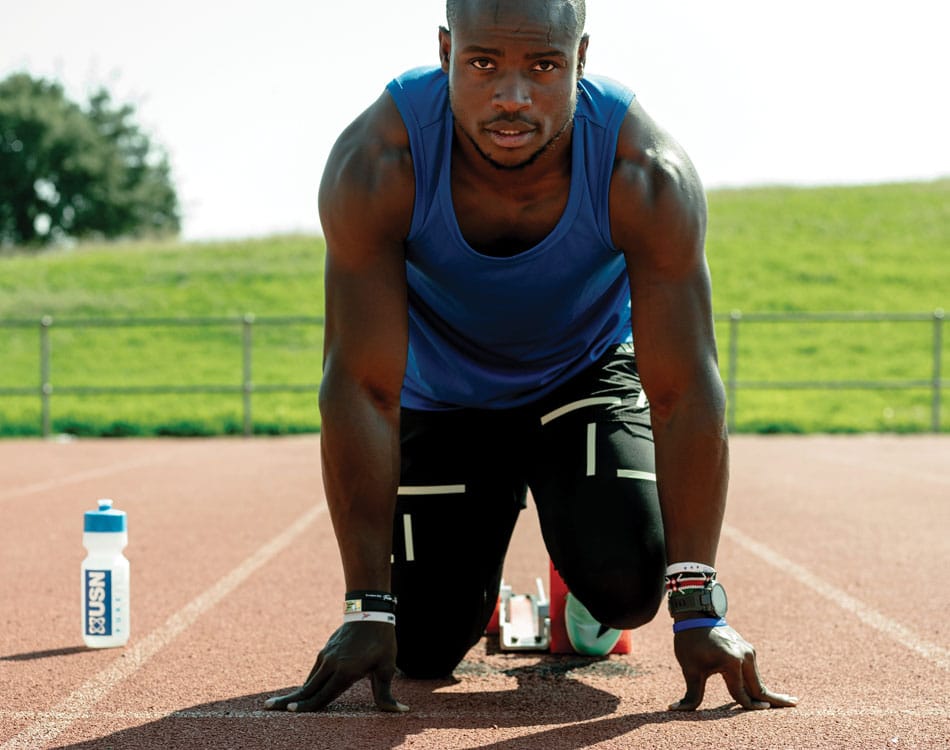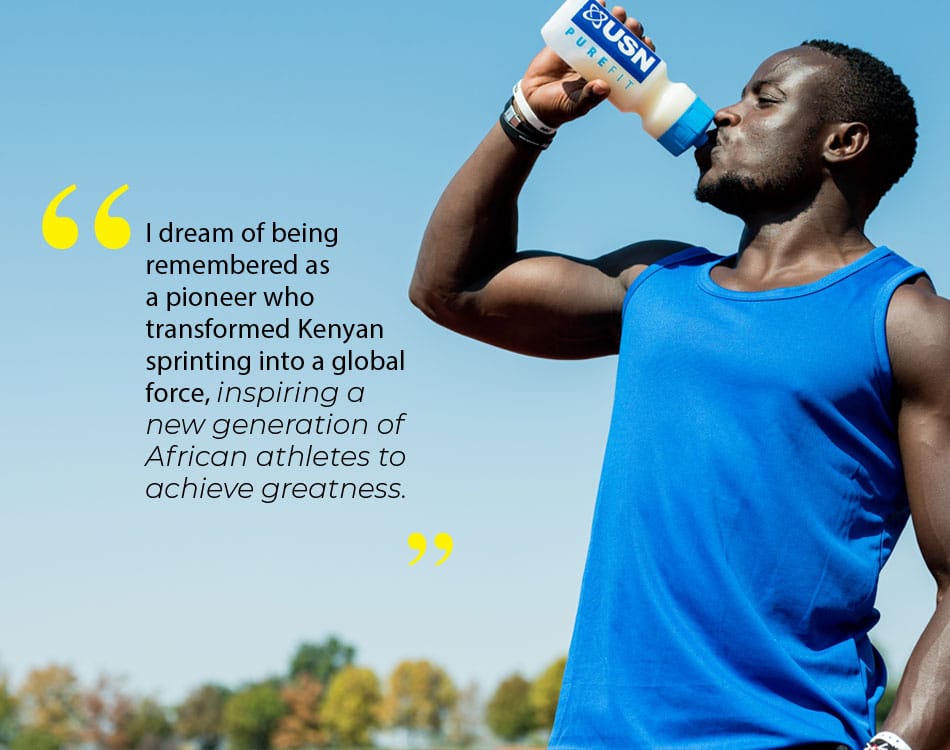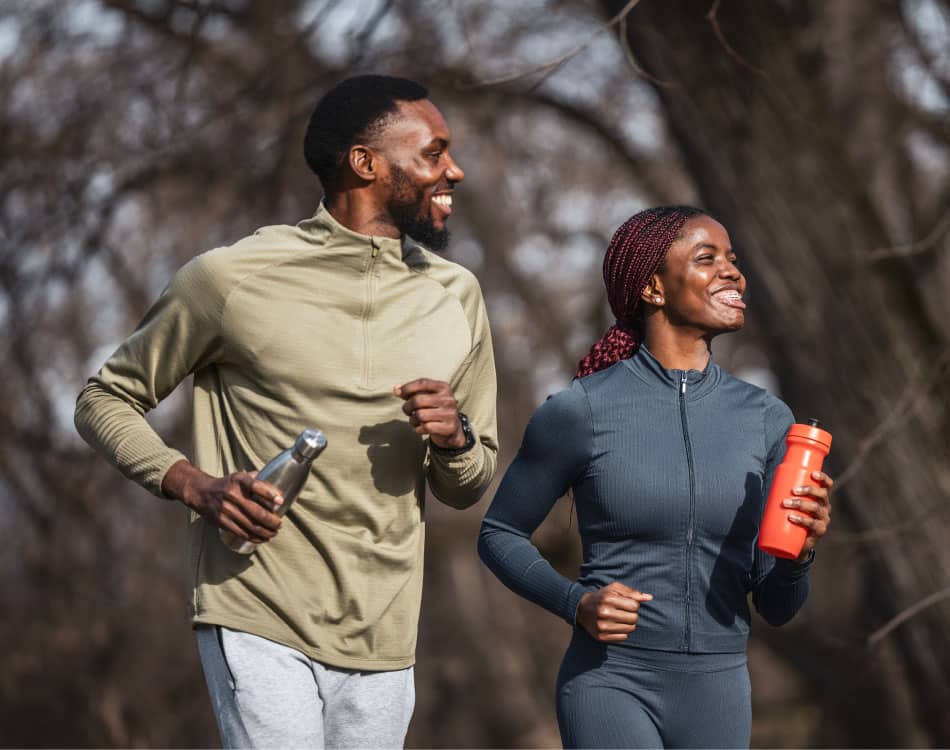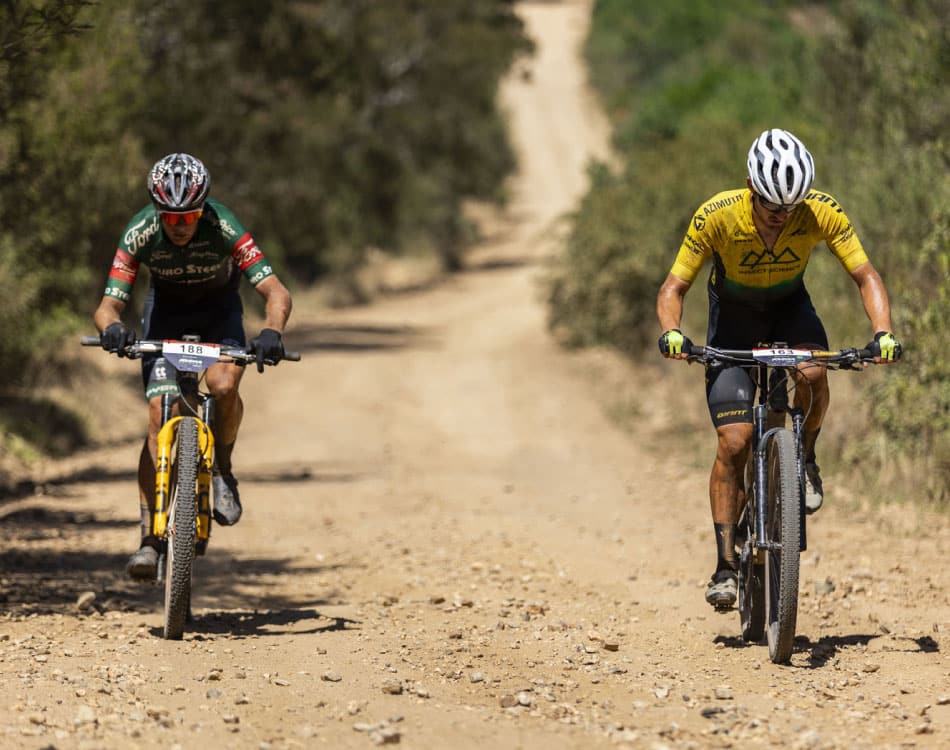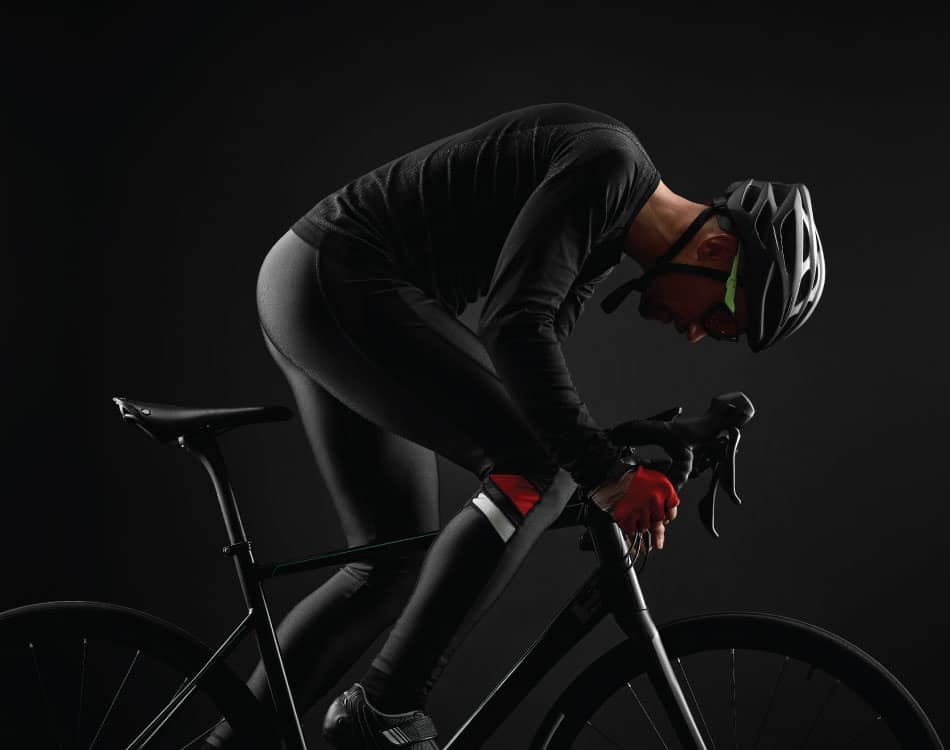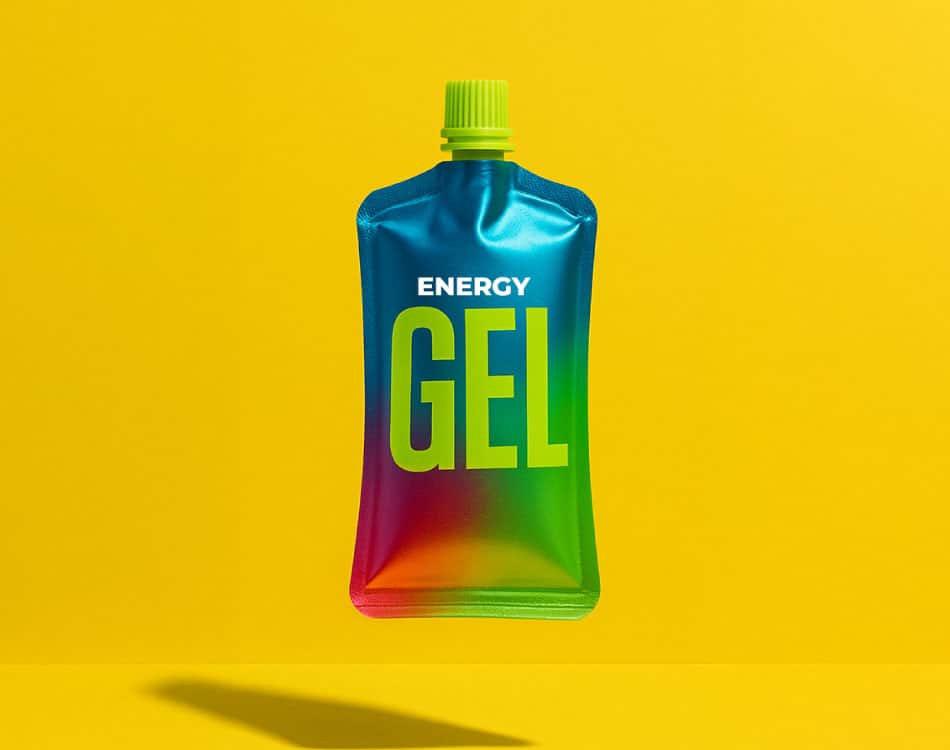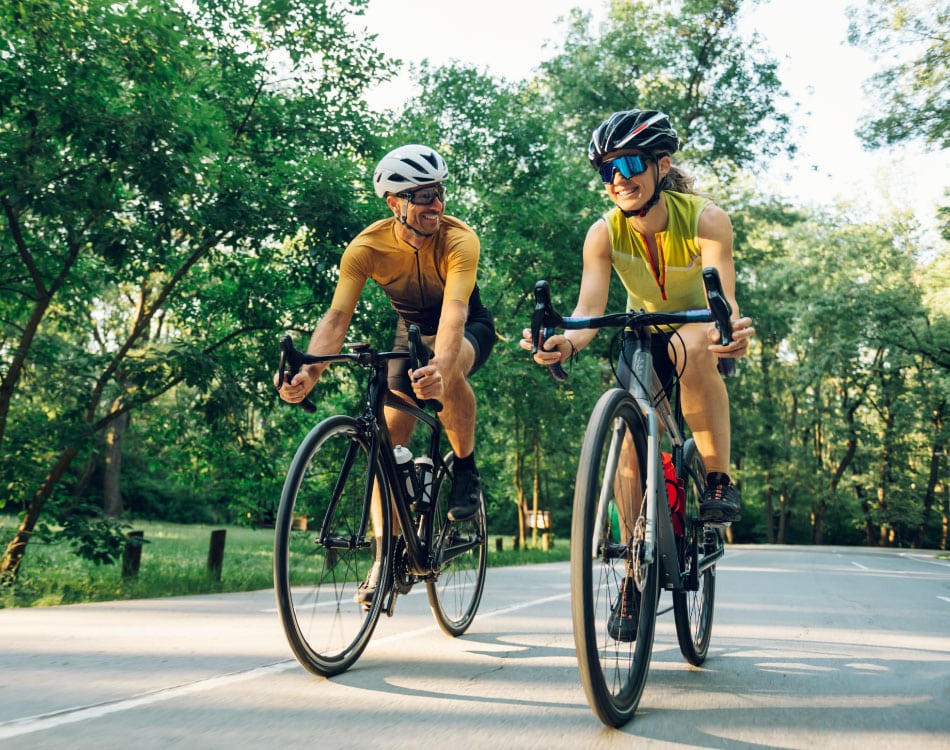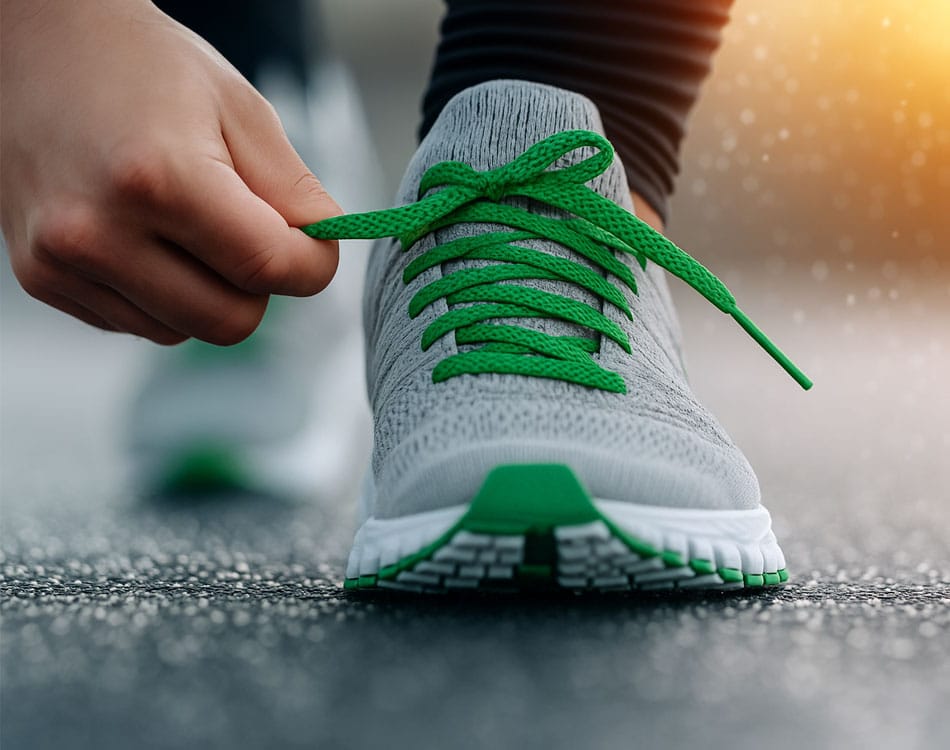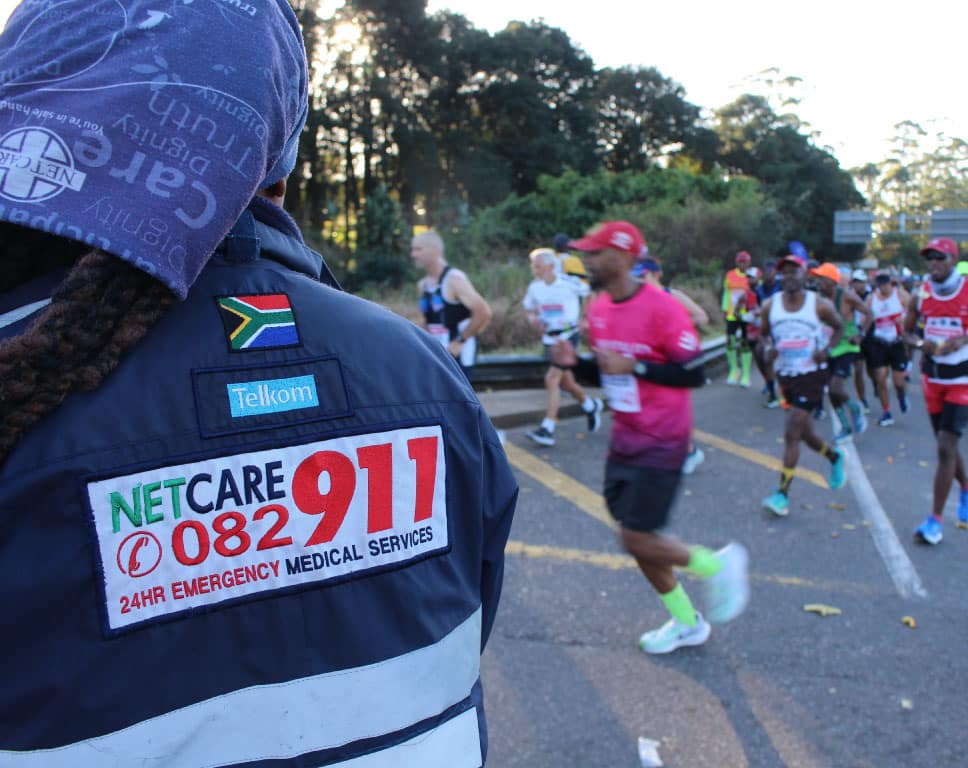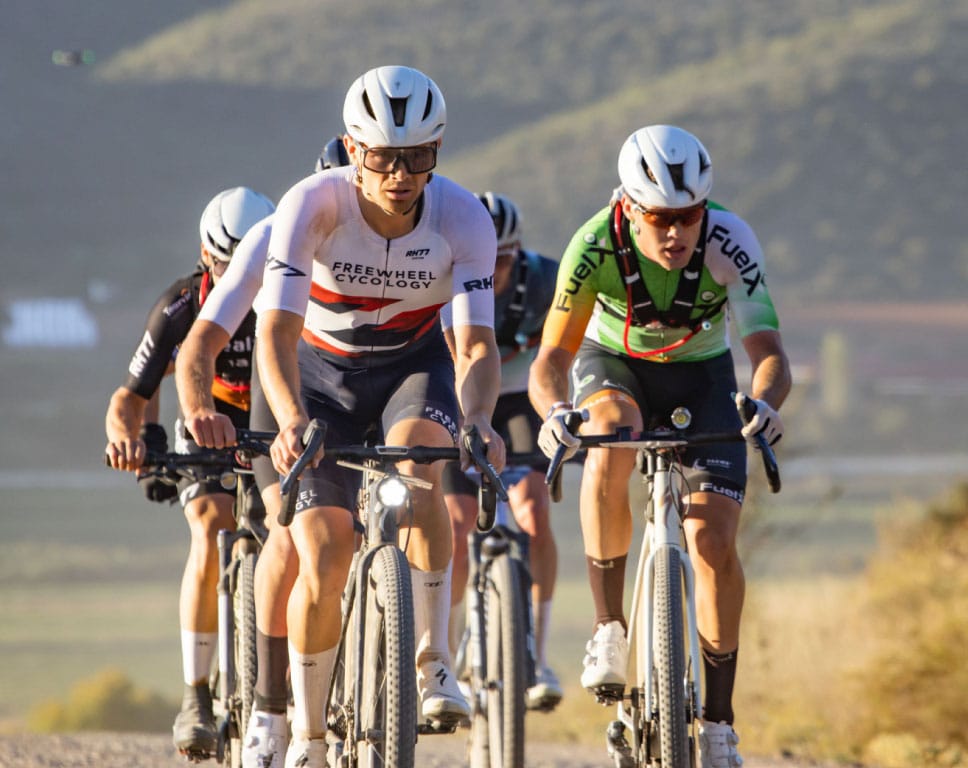Breaking the Kenyan athlete mould and the 10-second barrier.
Kenyan runners are revered around the world for their super-human endurance in middle and long-distance races.
But this storied country has not only produced the fastest men and women in history over every distance from the 5,000m to the iconic marathon, it has also bred Africa’s fastest man, Ferdinand Omanyala.
This USN-sponsored athlete isn’t your typical Kenyan runner, nor has his career followed the conventional path of other world-class sprinters.
Born in 1996, his journey to the tartan track and the rarified air of the sub-10-second club began not on the track, but on rugby fields, where his natural speed was evident from early on.
“I was good at rugby as a winger and the background in rugby helped with my speed, so I decided to try sprinting and see how it went. Winning those first races ignited a passion in me to keep pushing forward. Improvement has always been my goal, and even though it took time, I’m proud of my achievements.”
READ MORE | USN Fuels Rayno Nel, Africa’s Strongest Man
Record-breaking speed
This Kenyan athlete has become a force to be reckoned with, shattering records and blazing a fiery trail on the international stage.
Omanyala’s dedication to training paid off in 2019 when he claimed the Kenyan national title in the 100-metre sprint. He continued to break barriers, setting a new national record of 10.01 seconds in 2021.
That same year, he became the first Kenyan to break the 10-second barrier, clocking an impressive 9.86 seconds. This feat cemented his place as the African record holder in the 100m, solidifying his title as Africa’s Fastest Man with his 9.77-second time.
But it was only when he qualified for the 2020 Tokyo Olympics that Ferdinand believed he could compete with the best sprinters in the world.
“It opened my eyes to the possibility of becoming an elite athlete. Even before that, I dreamed of a life filled with travel and competition, inspired by watching other elite athletes. There were many challenges along the way, but qualifying for the Olympics showed me that the dedication, focus and hard work was paying off.”
In 2022, he secured victories in the 100m at the Commonwealth Games and the African Championships.
He has also reached the top 8 at both the World Championships and World Indoor Championships.
READ MORE | Go The Distance With A Hybrid Carb-Protein Supplement
Chasing Olympic gold
With one Olympic Games under his belt, Ferdinand is a serious medal contender after setting the world-leading time of 9.79 seconds at the Kenyan Olympic trials on Saturday, 15 June.
“Representing Kenya at the Olympics is an immense honour. It’s a chance to carry the hopes and dreams of over 50 million Kenyans and over a billion Africans on my shoulders,” explains Ferdinand.
“It’s a feeling of immense pride and responsibility. This time, I’m not just going as a participant, I’m going in as a medal contender. That recognition of my hard work and years of dedication motivates me even more to achieve my goals.”
Gearing up for the Games
Ferdinand works with his coach Geoffrey Kimani, who designs his programmes to magnify his strengths and develop any identified weaknesses.
Ferdinand generally has one or two 2–3 hour sessions a day, depending on the time of year, and he hits the gym twice a week, but the intensity and volume of the workouts differ depending on where he is in the season.
“For example, in the off-season, I might focus on exercises like squats, deadlifts, and plyometrics to build lower body power and explosiveness. Closer to competitions, I use lighter weights for more repetitions to maintain strength without compromising speed.”
On the track, he focuses on hill repeats for leg strength and acceleration drills to improve his starting technique in the off-season, with a greater focus on perfecting his starts and practising race-specific drills like flying sprints.
Ferdinand also works on his mental game, using visualisation as a key mental training tool, mentally rehearsing his races.
“I go through the entire process in my head, from the starting blocks to crossing the finish line. I might visualise a race up to 500 times before the actual event. This repetition creates a sense of familiarity, almost like déjà vu when I’m on the track. It helps reduce pressure and allows me to perform closer to how I envision things going.”
READ MORE | Break Plateaus With Energy From New USN Qhush Platinum Black
Rest, run, repeat
“I also prioritise recovery during competition season. My recovery routine prioritises sleep and getting sufficient rest to allow my body to repair and rebuild after intense training sessions or competitions,” explains Ferdinand.
“If a session was particularly challenging, or if I had two training sessions close together in a day, I might use supplements like USN BlueLab 100% Whey Protein and USN Pro Recover to aid recovery.”
He also incorporates mobility work into his training plans, including dynamic stretches and mobility exercises like hip mobility drills and trunk rotations as part of his warm-ups before every session.
Eat clean, train mean
Ferdinand supports his training and recovery with a comprehensive diet supported with strategic supplementation.
“I adjust what I eat each day depending on the intensity of my training sessions. I typically start my day with a shake made with USN Whole Food Gainer. This plant-based product keeps me feeling full in the mornings without being heavy on my stomach, providing a good amount of protein and complex carbohydrates for sustained energy throughout the morning.”
Before intense sessions, he uses USN’s Hyperdrive Pre-Workout to help improve his focus, energy, and endurance and perform at his best.
For tough training sessions, he focuses on easily digestible carbohydrates. “I might have a USN Energy Oats Bar during the session. They are easy to chew and absorb quickly for a quick burst of energy.”
He sips on some USN All9 Aminos during workouts for BCAAs that help prevent muscle breakdown during intense exercise.
“For lengthier or more challenging workouts, I use USN’s CytoPower. This drink combines carbohydrates with caffeine, providing a much-needed energy boost during those extended training sessions.”
READ MORE | USN All9™ Amino Now In Sour Worms Flavour
After training sessions, he prioritises protein for muscle repair and recovery.
“This comes primarily from whole food sources like meat, chicken, fish or beans. I also have a USN BlueLab 100% Whey Protein shake straight after training to supplement my protein intake.”
Following hard sessions, he includes USN’s Pro Recover to help accelerate muscle recovery, replenish glycogen stores, and restore electrolytes lost during intense training.
For snacks, Ferdinand trusts USN Energy Oats Bars and Vooma Bars for their convenience, especially when travelling.
“Energy Oats Bar offer sustained energy, while Vooma Bars are packed with electrolytes and minerals for quick energy replenishment.”
His USN supplement stack
- USN Whole Food Gainer
- USN BlueLab 100% Whey Protein
- USN Pro Recover
- USN All9 Aminos
- USN CytoPower
- USN Energy Oats Bars
- USN Vooma Bars
Leaving a legacy
Beyond the track and Olympic stage, Ferdinand says his greatest ambition is to leave a lasting legacy in athletics.
“I dream of being remembered as a pioneer who transformed Kenyan sprinting into a global force, inspiring a new generation of African athletes to achieve greatness.”
He is working towards this goal through the Omanyala Foundation, which empowers young athletes by providing them with the support and guidance he never had in my early years.
“We offer scholarships, access to training facilities, and mentorship programmes, equipping these aspiring athletes with the tools they need to succeed.”

